Appliance Running Costs: Tips for Energy Savings
At Loop, we’re here to help you use your appliances efficiently. Understanding the financial impact of running everyday devices is crucial to saving money.
Home ▸ Features & Benefits ▸ Appliance Costs
Contents:
-
Washing MachineWashing Machine
-
Tumble DryerTumble Dryer
-
DishwasherDishwasher
-
TVTV
-
Fridge and FreezerFridge and Freezer
-
LightingLighting
-
Hot TubHot Tub
-
How Loop Can HelpHow Loop Can Help
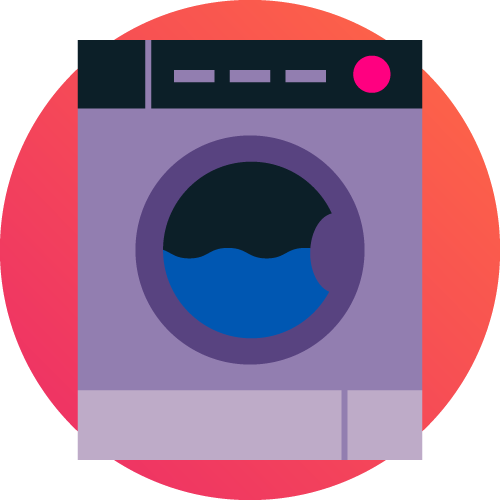
1. Washing Machine Running Cost
Ever wondered about the cost of running your washing machine? In a family home, where it might see daily use, the annual running cost averages around £55. To minimise this expense:
Opt for an A-rated machine over a D-rated one when replacing, and save around £9 per year.
Run your machine at 30 degrees or lower, reducing energy consumption by 40% compared to higher temperatures.
Fill it up to maximise efficiency, and use the half load program if needed.
Opt for the highest spin cycle to remove excess water so that clothes will dry quicker in the tumble dryer.
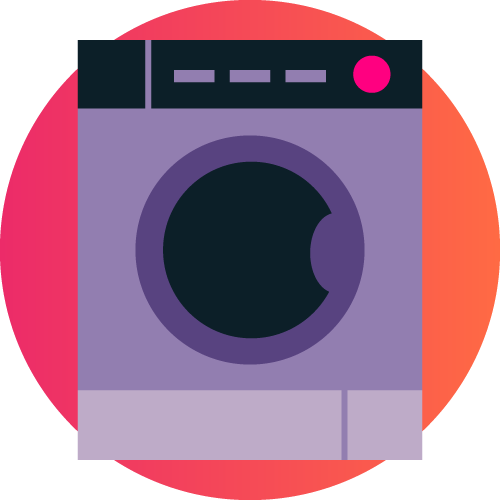
2. Tumble Dryer Running Cost
Tumble dryer costs vary widely based on efficiency, ranging from £53 a year for a heat pump dryer, £129 for a vented tumble dryer, and £135 annually for condenser dryers. For efficient drying and savings:
Choose the most efficient tumble dryer, such as energy-saving heat pump models.
Fill the dryer adequately but avoid overloading.
Consider adding a dry tea towel. It can significantly reduce drying time.
Regularly clean filters and secure buttons on duvet covers to avoid other laundry getting stuck inside and not drying properly.
Use the power of the sun to dry clothes outside when possible .

3. Dishwasher Running Cost
Running your dishwasher contributes to about 8% of your electricity bill, averaging £70 per year. To cut dishwasher running costs:
Choose A-rated dishwashers for £34 annual savings compared to lower-rated models.
Ensure you run full loads.
Use the eco setting so it will use less power to heat the water. Your dishes will still be just as clean!

4. TV Running Cost
Televisions account for 33% of the electricity used by household electronic devices, costing around £27 annually. To reduce TV running costs:
Choose energy-efficient A+ rated models when upgrading.
Lower the brightness when possible.
Turn off TVs properly instead of leaving them on standby to avoid ‘Phantom Load‘ costs.

5. Fridge and Freezer Running Cost
On average, a fridge freezer costs £71 per year to run. To minimise running costs:
Opt for A-rated units, saving around £34 annually.
Keep the appliances full for better efficiency. Even if that means adding ice to your freezer and jugs of water to your fridge.
Set the fridge at 5 degrees Celsius or lower, and provide proper ventilation of 10cm around the appliance.
Regularly defrost your freezer. Letting ice build up over a few centimetres will make your freezer work harder to keep your food cool, adding to your energy costs.

6. Lighting running costs
Lighting accounts for around 11% of the average electricity bill. To minimise running costs:
Swap incandescent and halogen bulbs for super-effieicent LEDs. You could save £11 for each bulb swapped.
Turn lights of when you leave a room. It can save you £18 annually.
Try using sensors for external lights and replace any over-sensitive outdoor security lights. They could be costing you £55 a year.

7. Hot Tub Running Cost
If you own an inflatable hot tub, beware of potential energy costs – up to an extra £300 per month, totaling £1,200 over four months in summer! To cut hot tub running costs:
Lower the thermostat slightly to save money while maintaining a comfortable water temperature.
Cover the hot tub with a thermal cover when not in use to retain heat.
Consider optimal positioning, avoiding wind and breezes that could cool the water.
For a long-term solution, explore solar panels. Loop’s Solar Simulator feature can calculate how solar panels would offset your hot tub running costs.
How Loop Can Help: Uncover Appliance Costs
With Loop you can look back over your household’s energy usage and see which days and times you spent the most. Then you can make an informed decision about which changes to make to cut your consumption.
In the app, tap on the Tick icon and you’ll be taken to our Actions and Tips page. Here you can access our handy appliance calculators. See how much you’re spending running your appliances and the simple ways to cut costs.
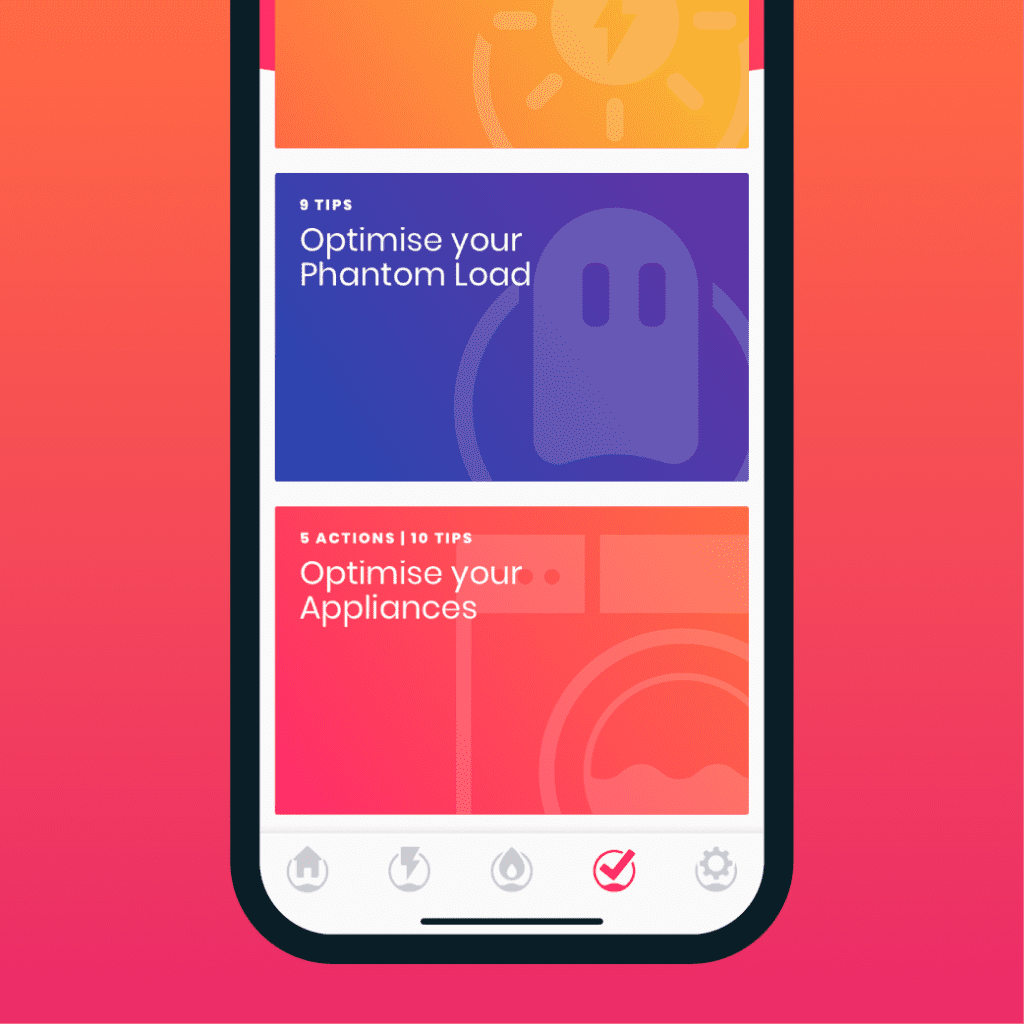
What Else Can Loop Do?
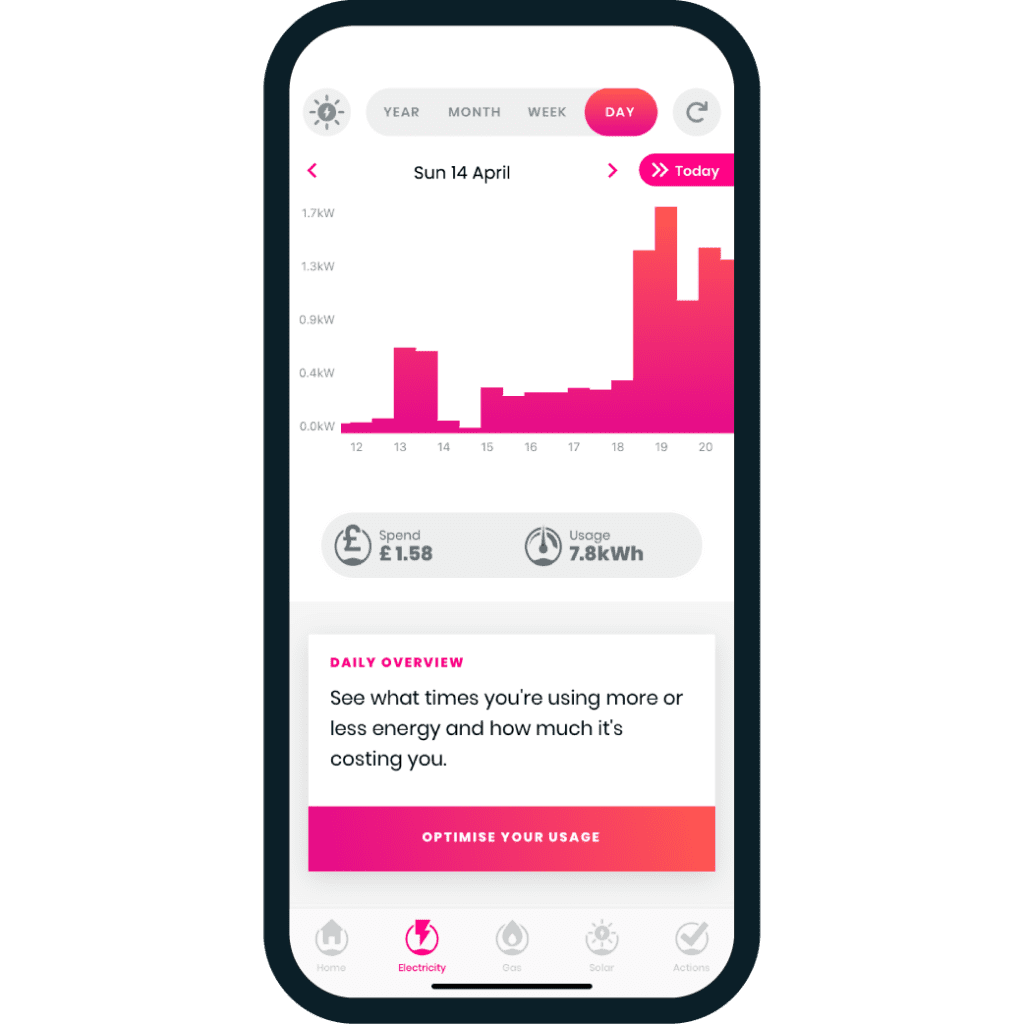
Save Money on Your Bills
If you don’t know how much energy you’re using and what it’s costing you, then it’s hard to control it. Loop helps you track your consumption, waste less energy, and understand appliance running costs. There’s no need to ever be surprised by your utility bill again – say goodbye to ‘bill shock‘!
Seeing how your home uses energy will help you spot where to use less, saving you money on your energy bills. On average, Loop users cut their energy use by 15%. That’s a saving of around £250. How much could you save?
Reviews
Loop has helped thousands of users understand their appliance running costs.
Related Guides
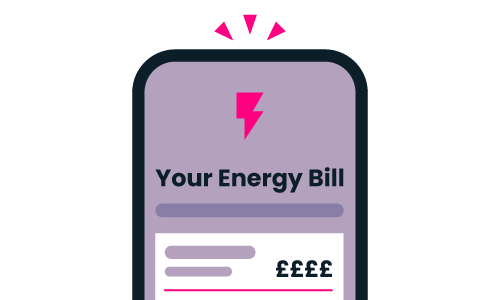
How To Save Money On Your Energy Bills
Any households can make savings from some simple efficiency changes. If you’re only going to do a few things to save money on your energy bills, these are the low-effort, high-reward steps to take.
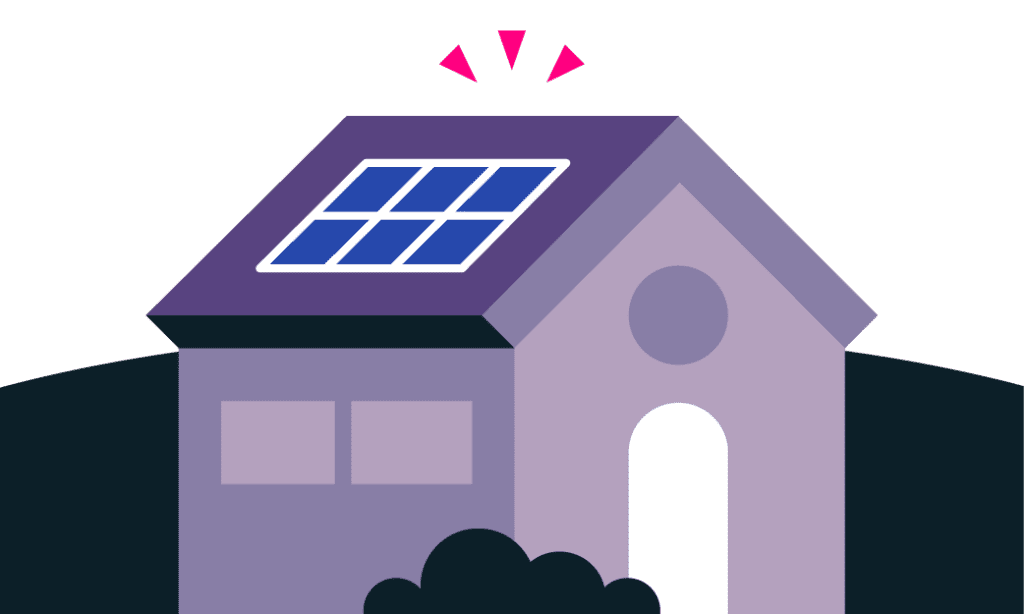
Compare Energy Use: Are Your a Big Spender?
You may know how much energy your household uses each year, and at what cost. But have you any idea how that compares t other, similar home? Seeing how it compares could cut your consumption by 3%.







